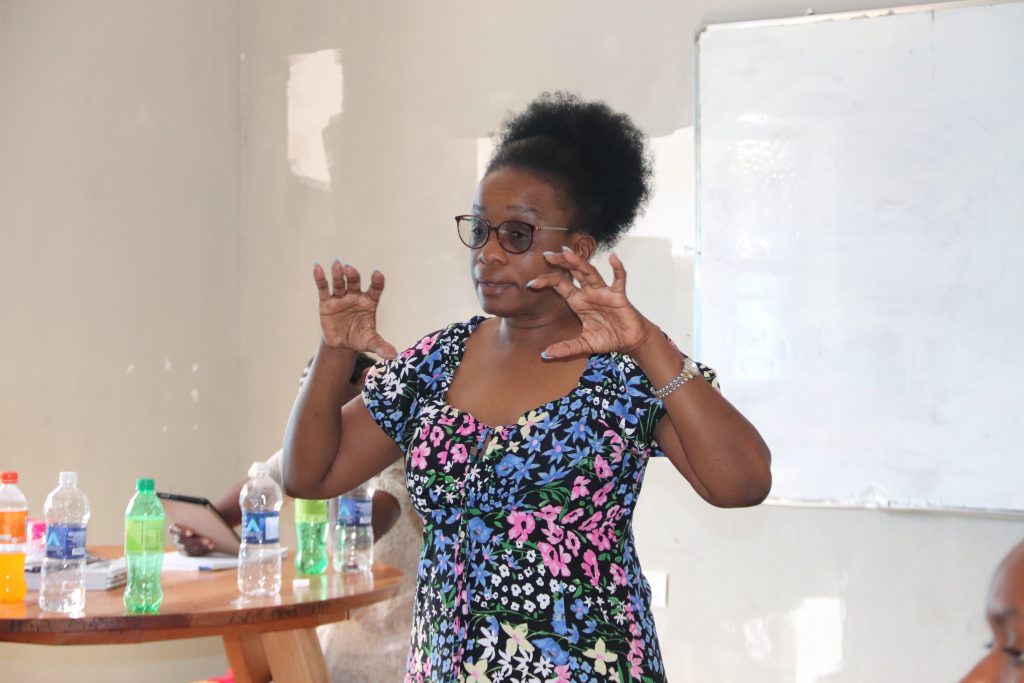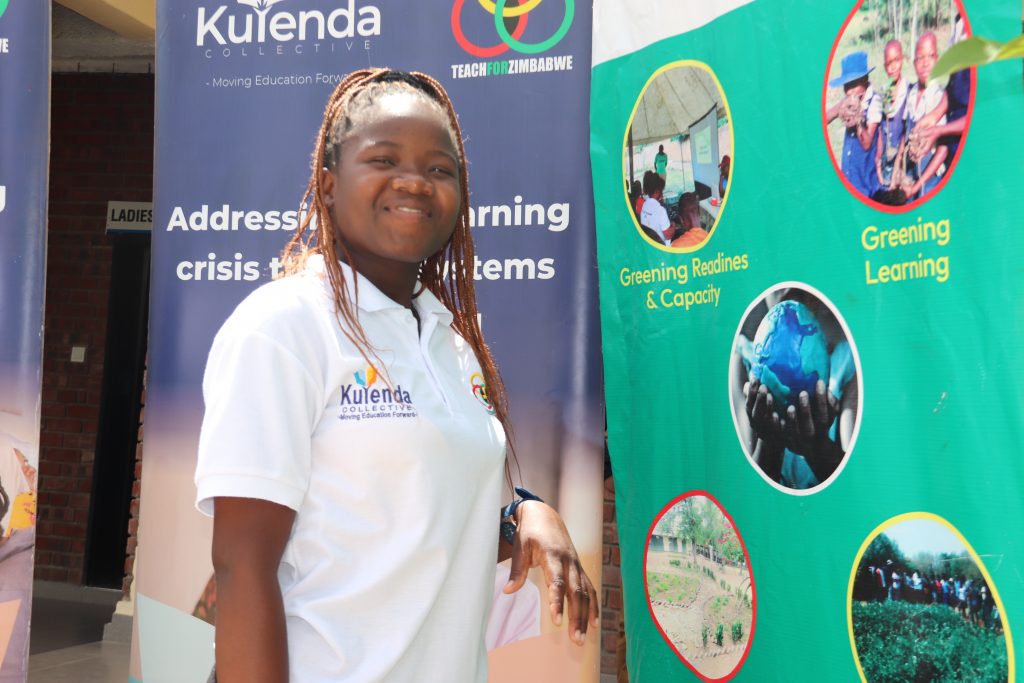Valerie Chatindo
From the 30th to the 31st of January, as representatives of Kuyenda Collective’s Zimbabwe arm, we had the opportunity to connect with our RYC’s (Rural Youth Collectives) during a two day workshop. As the newly appointed communications fellow designated for Zimbabwe, this was the first opportunity to finally meet the RYC’s I’ve spoken to extensively over the phone.
Such meetings are important because our RYCs often struggle with network coverage in their rural communities, making communication difficult. During our conversations, it became clear that these young advocates have so much to share, stories of challenges and obstacles, but also of triumph in the face of adversity. Most importantly, hope.
They have content. They have stories. They have strong and beautiful opinions. But climbing up a tree, hiking up a mountain or walking the distance to just catch a signal isn’t always feasible — even for those that are willing.
Their spirits are willing but the network is weak.


That’s why physical meetings and capitation workshops such as these are essential. Teach For Zimbabwe, a partner in the Kuyenda Collective, recently received a donation from Starlink which will allow them to install WiFi in 55 schools.
Efforts such as these go a long way in addressing the connectivity issues faced by teaching fellows and students in rural schools. As an initiative invested in education, it is our hope and aspiration to see all schools, especially those in rural and marginalised communities, connected to the Internet.
No child should be left behind for any reason in an era where education and the world itself are rapidly evolving. Now more than ever, learners need access to technical skills, most of which are available online. Without connectivity, we risk educating a generation that is not equipped for the modern world.
As a collective, we will continue to advocate for rural learners and youth. Until they have the same resources and opportunities as urban learners, our work will not be done.

